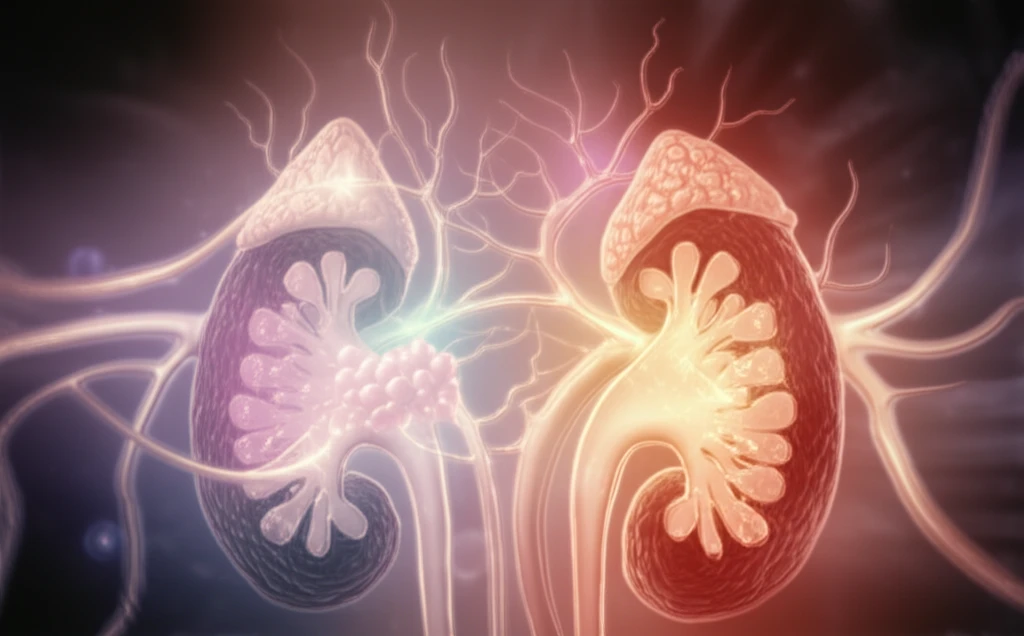
Endocrine Tumors: A Comprehensive Guide to Diagnosis and Treatment
"Navigating the complexities of endocrine tumors: from thyroid and pituitary to adrenal and neuroendocrine neoplasms, ensuring informed decisions for better health outcomes."
Endocrine tumors represent a diverse group of neoplasms, each originating from different hormone-producing glands. These tumors are classified into thyroid carcinomas, pituitary adenomas, adrenal tumors, and neuroendocrine tumors. This guide dives into the latest advancements in diagnosing and treating these conditions.
The differential diagnosis of hypercalcemia, a common clinical challenge, is another key focus. Understanding the underlying causes and appropriate management strategies are essential for effective patient care.
This review aims to provide an overview of current diagnostic and therapeutic strategies, offering guidance for patients and healthcare professionals navigating the complexities of endocrine tumor management.
Thyroid Carcinomas: Differentiated vs. Undifferentiated

Thyroid carcinomas are broadly classified into differentiated (papillary and follicular) and undifferentiated (medullary and anaplastic) types. Differentiated thyroid cancers often have a favorable prognosis, especially when treated with radioiodine therapy.
- Differentiated Thyroid Carcinomas: Often curable with radioiodine, even with metastases.
- Undifferentiated Thyroid Carcinomas: Poorer prognosis, requiring aggressive treatment.
- Tyrosine Kinase Inhibitors: New drugs improving outcomes in advanced thyroid cancers.
The Path Forward
The landscape of endocrine tumor management is continually evolving, with ongoing research and clinical trials paving the way for innovative diagnostic and therapeutic approaches. Through continued collaboration and knowledge sharing, advancements promise to improve the lives of individuals affected by these complex conditions.
